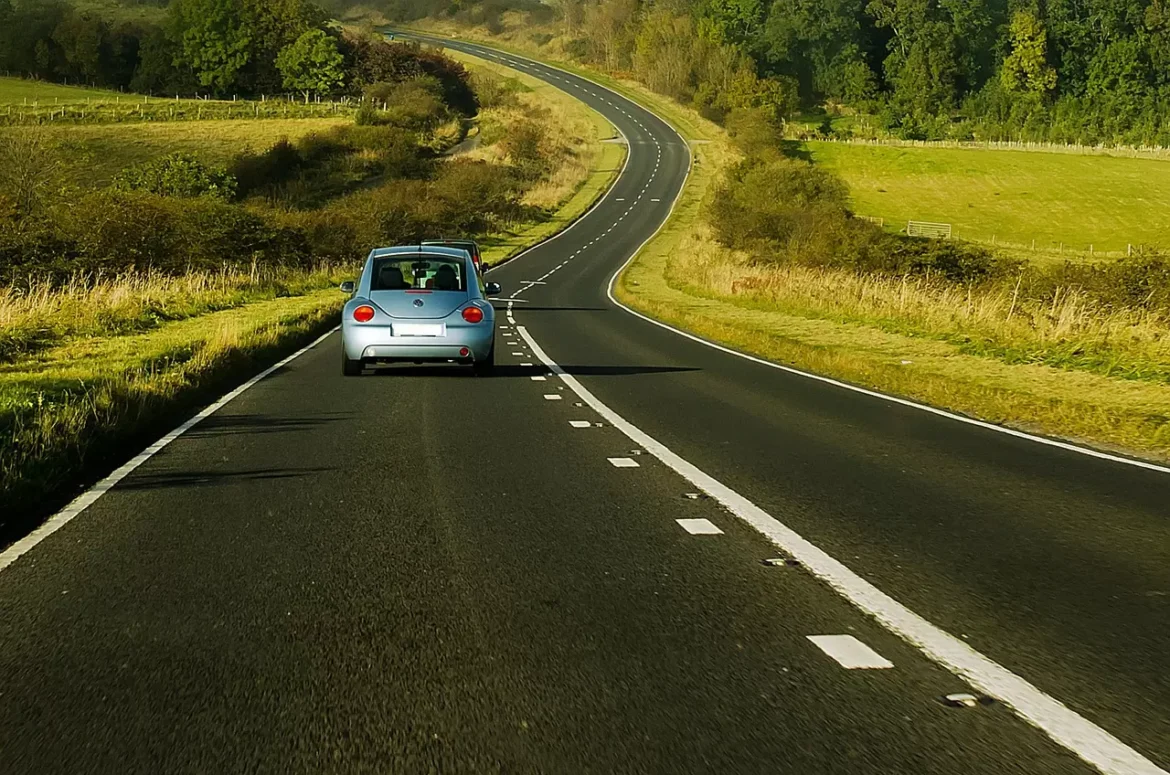Have you ever been on a road trip and faced unexpected expenses? Whether it’s a sudden car breakdown in Houston, an unplanned detour to Dallas, or an emergency hotel stay in Austin, these surprises can quickly blow your budget.
Traveling by road is an exciting adventure, but it comes with its own set of financial challenges. The good news? With some smart planning and a few handy tips, you can manage these unexpected costs without stress.
This guide will show you how to manage your finances on the road, ensuring an enjoyable and worry-free journey. From preparing an emergency fund to knowing basic car repairs, we’ve got you covered.
So, without further ado, let’s dive into the essential strategies for keeping your road trip budget intact!
Contents
1. Planning Ahead for Emergencies
Before you start your trip, plan ahead by setting aside a budget for emergencies. Calculate a reasonable amount based on how long you’ll be traveling and potential risks. This fund can cover unexpected costs without affecting your main budget.
However, unplanned expenses can happen, from minor car issues to serious accidents. Imagine you’re driving through bustling Houston, enjoying the sights, when suddenly… BAM! Another driver runs a red light, turning your peaceful trip into a stressful accident.
These situations can leave you scrambling for money and disrupt your travel plans, impacting your current and future finances. Costs like repairs, medical bills, and lost income can add up fast, turning your dream trip into a stressful setback.
But here’s the good news! You may be entitled to compensation from the at-fault driver’s insurance company. With the right car accident legal help in Houston, you can get money to cover medical bills and other accident-related expenses. Professionals can help calculate the full value of your losses, ensuring you receive fair compensation.
2. Managing Car-Related Expenses
Before starting your journey, make sure your vehicle is in top shape. Regular maintenance can prevent many problems that might ruin your trip. Begin by checking the oil, brakes, tires, and lights. A well-maintained car is less likely to break down, saving you from costly repairs on the road.
In addition, consider learning some basic car repair skills. Knowing how to change a tire or jumpstart your car can save you time and money. Carry essential tools like a jack, spare tire, and jumper cables. These tools are inexpensive but invaluable in emergencies.
Imagine being stranded with a flat tire and realizing you have everything needed to fix it yourself. This knowledge saves money and gives you peace of mind, knowing you can handle minor issues without waiting for help.
3. Handling Unexpected Accommodation and Food Costs
Sometimes, plans can change unexpectedly, leaving you in need of last-minute accommodation. That’s where flexible or refundable booking options come in handy.
So, always look for accommodations that offer free cancellation. This helps you avoid losing money if your plans shift or if you find a better place along your route. This flexibility helps you stay stress-free and adaptable on your road trip.
Additionally, food can be a major expense while traveling. To save money, plan your meals and budget for food costs in advance. Bringing your own snacks and preparing simple meals can significantly reduce expenses.
Seek out affordable dining options and ask locals for recommendations to avoid pricey tourist spots. Moreover, exploring local markets and grocery stores can also provide fresh and inexpensive options for meals during your trip.
4. Dealing with Health-Related Emergencies
Health-related emergencies can be stressful, but being prepared can make a big difference. Always carry a well-stocked first aid kit in your car. Include essentials like bandages, antiseptics, pain relievers, and any personal medications. This small kit can save you from expensive and time-consuming pharmacy visits for minor injuries or illnesses.
Before you hit the road, take a few minutes to research healthcare facilities along your route. Knowing the location of the nearest hospital or clinic can be a lifesaver in case of an emergency. This preparation can save you precious time and reduce the anxiety of finding medical help in an unfamiliar area.
Additionally, check if your health insurance covers out-of-network or out-of-state care. Understanding your coverage can prevent surprise medical bills. Always carry your insurance card and emergency contact numbers with you. This preparation ensures you’re ready for any health issues that might arise during your trip.
The Bottom Line!
Managing unexpected finances while traveling by road requires a mix of preparation, smart financial practices, and resourcefulness. By planning ahead, staying informed, and having the right tools and knowledge, you can handle any financial surprises that come your way. Essentially, ensuring a memorable and stress-free road trip.


